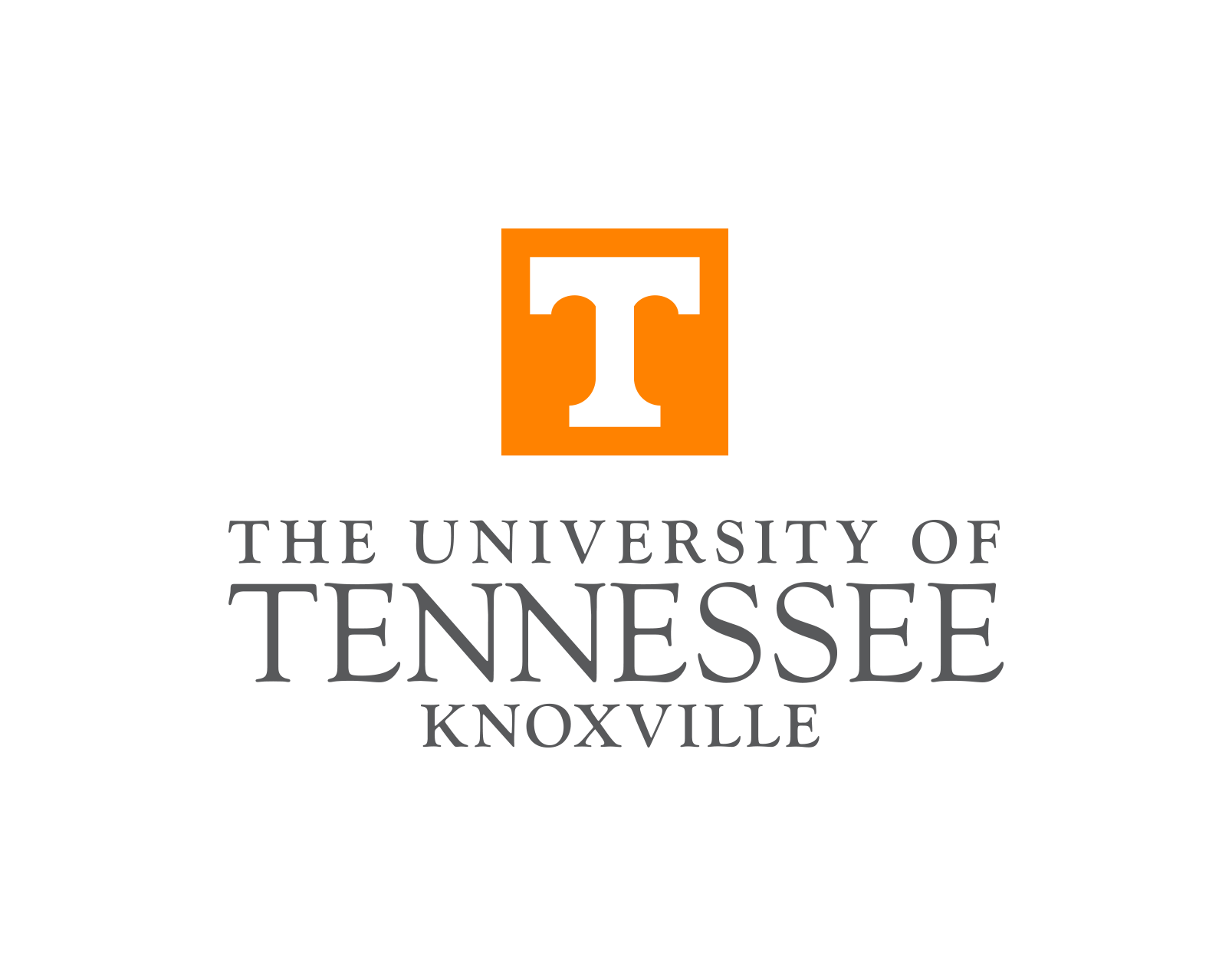
BS in Aerospace Engineering
University of Tennessee, Knoxville


University of Tennessee, Knoxville

BS in Aerospace Engineering
University of Tennessee, Knoxville
This is verified by QS Rankings 2025
Degree
Undergraduate
Duration
48
Course Type
With Co-op
Co-op education gives you real-world experience in a job related to your studies.
INR
25.54L
USD 30042
1st Year Tuition Fees
Opening Soon
Opening Soon
Opening Soon